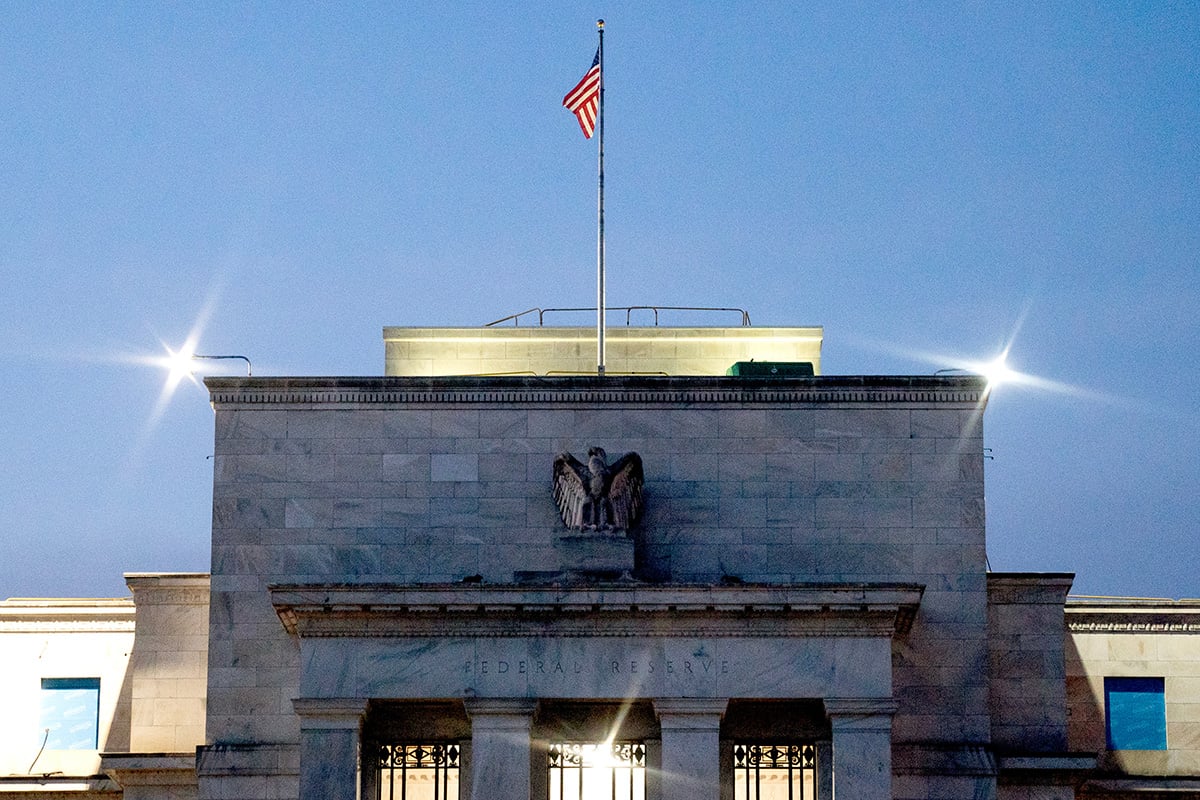The U.S. House approved legislation that would provide for an orderly transition of debt contracts off of the London interbank offered rates (LIBOR), promising to head off uncertainty and legal fights over trillions of dollars of securities and loans pegged to the discredited benchmarks.
The measure was included in wide-reaching legislation needed to keep the government running after Friday. It passed by a vote of 260-to-171. The tight time frame and significance of the bill make it unlikely the Senate will seek to dramatically amend the measure.
The LIBOR provisions, based on legislation that passed the House in December, would provide a clear and uniform process for replacing the benchmark in existing contracts that don't have a clearly defined alternative index to use. Bankers, investors, and regulators have said such legislation is crucial to ensuring that a large swath of the U.S. financial system isn't disrupted when the LIBOR indexes are retired.
Recommended For You
The move follows similar legislation enacted by New York state and others in the past year to protect Wall Street, along with a regulatory decision to extend key dollar LIBORs until mid-2023 to allow trillions of dollars of contracts to die off naturally. But analysts said national legislation is the best way to guarantee an orderly shift away from the indexes, which are being phased out after they were found to be subject to widespread manipulation.
The "legislation is an important step forward in the transition away from U.S. dollar LIBOR," said Thomas Pluta, global head of linear rates trading at JPMorgan Chase & Co. "For the 'tough legacy' contracts not covered by robust fallbacks, this provides a much-needed certain outcome. Further, it will help preserve liquidity and resilience in the markets for the impacted products."
The federal legislation, if enacted into law, will protect some $16 trillion of deals outside of New York that may survive beyond June 2023 and which could pose a threat to financial stability. These products are especially challenging because many were drawn up before anyone knew LIBOR would end and lenders must secure consent from borrowers for the switch, which can be difficult to obtain.
—With assistance from William Shaw & Erik Wasson.
© Touchpoint Markets, All Rights Reserved. Request academic re-use from www.copyright.com. All other uses, submit a request to [email protected]. For more inforrmation visit Asset & Logo Licensing.



